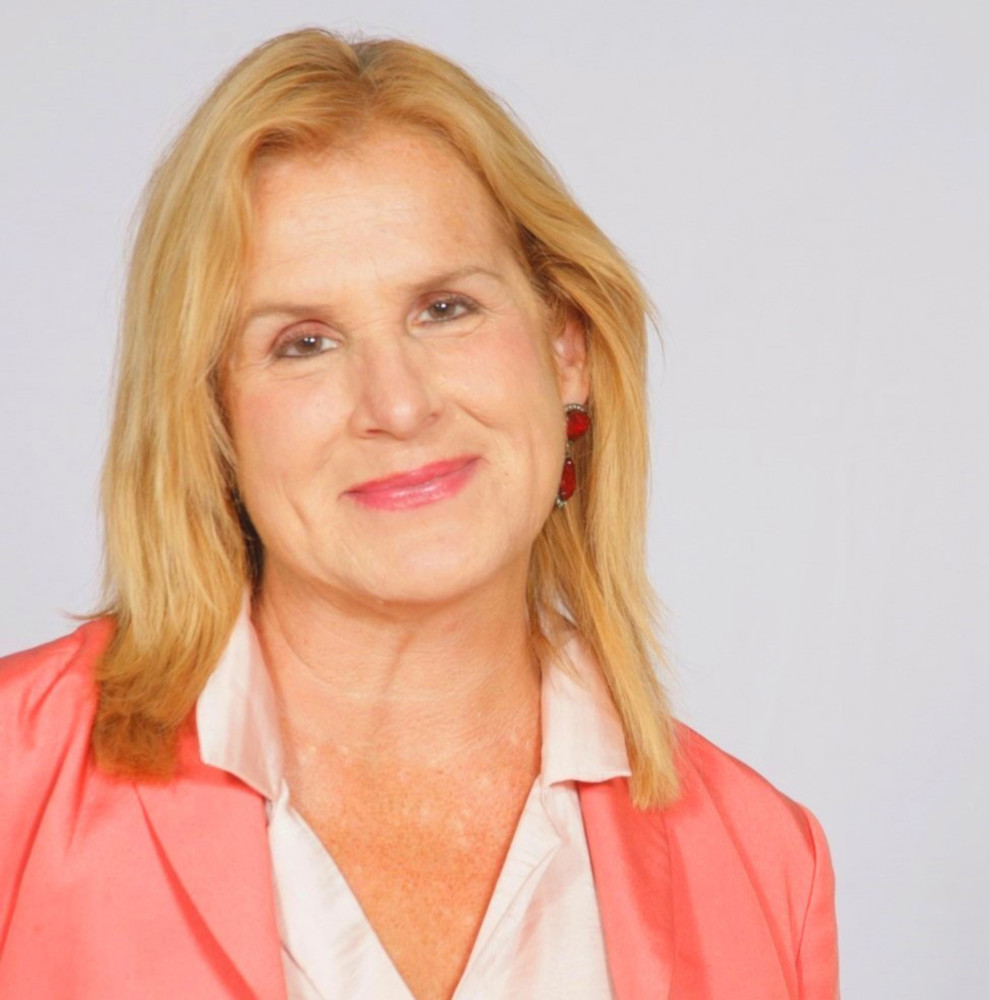By Heidi Stevens
Chicago Tribune.
We hear so much about single mothers and so little from them.
I’ve been one, and it’s an oddly isolating role. You know there are many, many others just like you, but you’re not sure where to find them, not in a support group sort of way, just in a hear-their-voices sort of way.
That’s part of the reason Michele Weldon decided to write “Escape Points,” her new book about raising three sons after their father left.
“I didn’t write another memoir because I think I’m so utterly fascinating,” Weldon told me. “I just found that my experiences were not voiced in the media landscape.”
Weldon, who lives in Oak Park, Ill., previously wrote 1999’s “I Closed My Eyes: Revelations of a Battered Woman” (Hazelden Publishing), about living with the domestic violence wrought by her ex-husband, the father of her three sons.
“Escape Points” is about life after the split: nurturing three boys (now 26, 24 and 21) who live and breathe competitive high school wrestling; battling cancer; working as a professor at Northwestern University; and participating as a leader with the OpEd Project, a nonprofit that aims to broaden the diversity of voices in the media.
The book is so refreshing and true that I found myself choking back tears before I even finished the preface.
Of single mothers, she writes:
“We are seen as holograms of women, eerily transparent visions performing acts of duty in different blocks of time and space, shifting stage sets from work to home and back again.
“All of it is described with language of desperation and a narrative of drowning,” she continues. “We are made to feel that if we work long hours, we are selfish, and if we spend long hours with our children, we are wasting our brains. And that we never get anything exactly right.”
Weldon gets so many things right.
Devoting her whole heart to her sons, as evidenced in every 10-hour Saturday she spends in a high school gymnasium, grading papers and watching her sons wrestle.
Mentoring countless undergrads.
Feeding, protecting and providing for her family, even as her own body is ravaged by cancer and exhaustion.
Telling her story.
“We do what we have to do,” she writes. “And the reason it is important to tell the story of someone doing what needs to be done is so the next 500 women who are faced with challenges see a role model of possibility. That you don’t have to be soaked in drama and vodka to cope. That you can maintain your dignity and your sanity, and raise children who contribute to the world while you do the same.”
It’s possible I yelled, “Can I get an amen?” after that paragraph.
The title of Weldon’s book, suggested by her friend and fellow writing group member Elizabeth Berg, is a wrestling reference.
“In wrestling you get a point when you get out of a hold,” Weldon told me. “You can win by escape points, which is kind of a metaphor for life.”
Escape, she pointed out, has both positive and negative connotations.
“I escaped cancer,” she said. “But escape can also be a dereliction of duty, escaping your responsibilities. You can get away from something nefarious and harmful, or the escape itself can cause harm. I thought that was so perfect.”
There are moments in Weldon’s book, as in life, when it’s not clear what will harm and what will heal. Should she date more? Should she pursue the child support she’s owed? Will the cancer drugs make her well or worse?
She doesn’t tie these moments in a perfect bow before presenting them to us.
“Because what happens when you raise children as the only parent with all your vulnerabilities showing like neon on snow, through their heartbreak, your illness and disappointments, is that you raise them without filters,” she writes. “They yell at you because they can. They tell you their secrets because they want to. They hold your heart, not as hostage, but as willing captive.”
And you wouldn’t have it any other way.
“On any given Saturday, or for that matter Thursday or Friday night, I am quite sure I could have found something else to do other than watch my sons wrestle,” Weldon writes. “Put in a load of laundry. Go grocery shopping. Drink wine. Sleep late. Read a book. Work. Watch one of those housewives of wherever shows.
“But I chose to be present for them,” she continues. “And I truly have to believe that it mattered.”
I truly believe it did. More than anything.














































































































































































































































































































































































